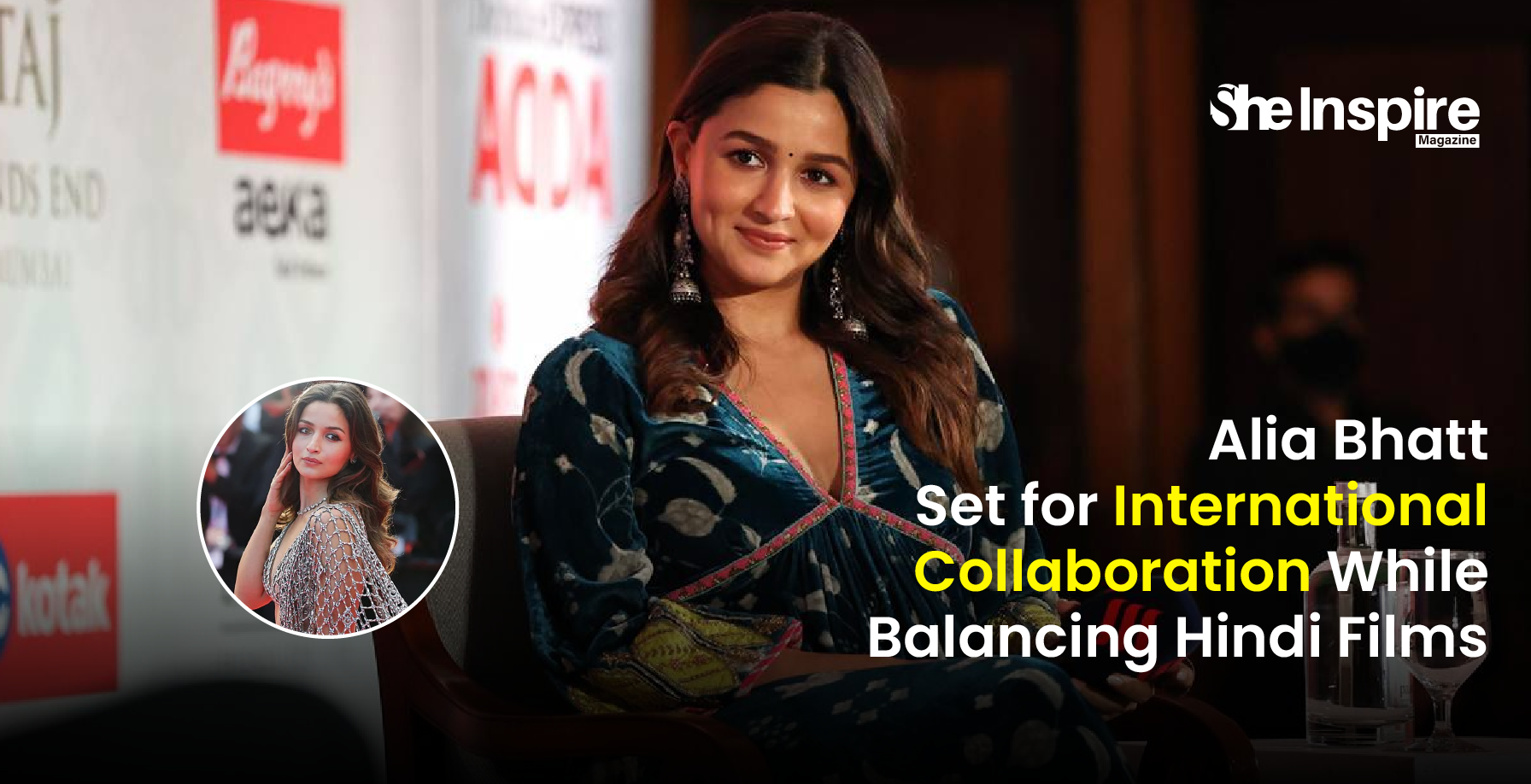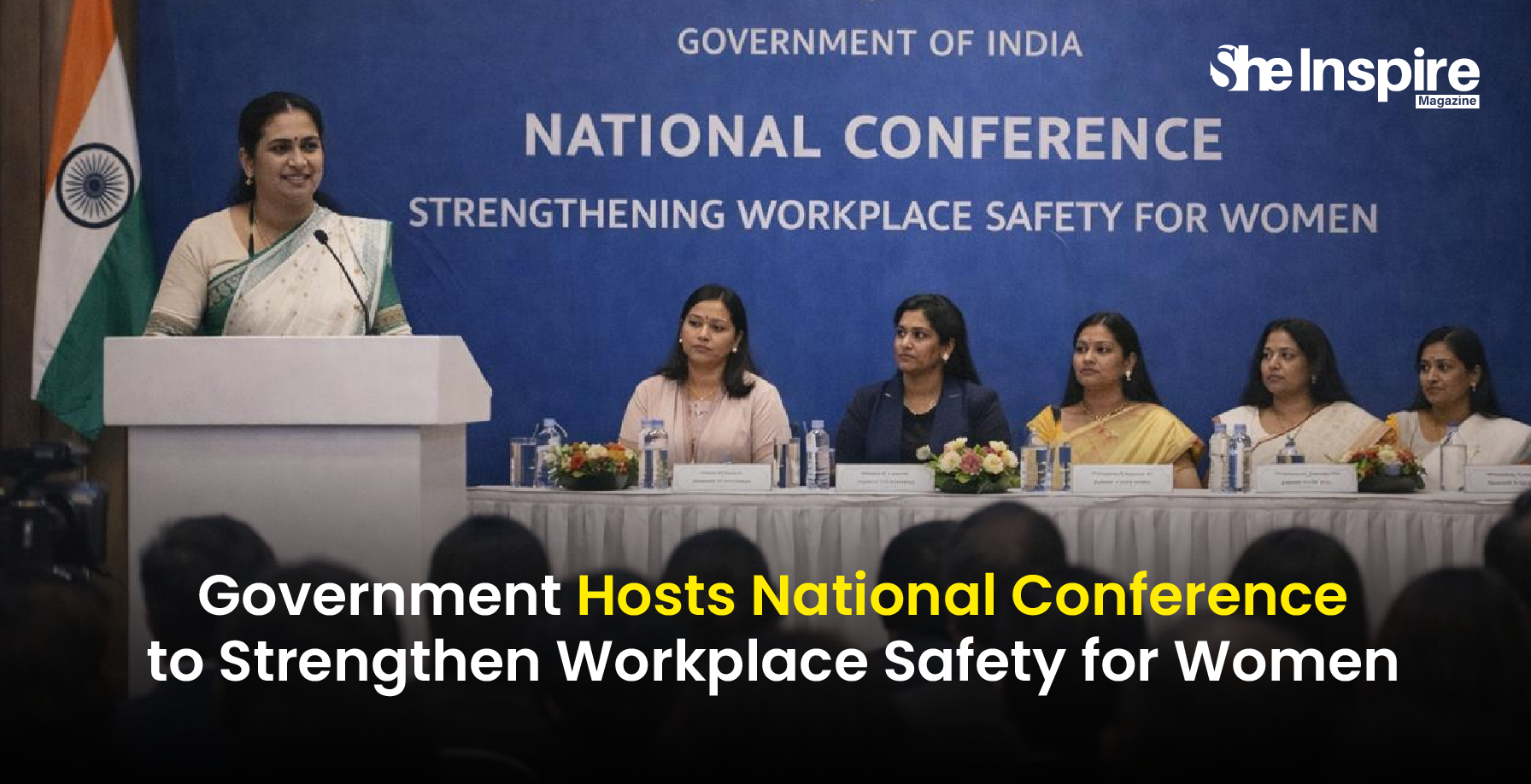The Power of Female Storytellers

India has a diverse culture in literature, but nowadays, the emergence of female authors is changing the landscape of the Indian narrative. Their new idealogy is perfectly shown in their books. These women with their fresh perspectives and compelling storytelling abilities challenge the norms, untold stories are brought into light, and in powerful ways change the Indian literary landscape.
Breaking Boundaries and Shattering Stereotypes:
Indian literature was dominated by the voices of men for centuries. Female authors break these conventional barriers. Ismat Chughtai and other writers like Kamala Das and Mahasweta Devi opened up the avenue for succeeding generations by writing works involved with social realism, discrimination, and the experiences of women in a patriarchal society. Such books challenged the patriarchal imposition during their period and gave a voice to women whose lives were otherwise suppressed or concealed.
Modern female writers like Arundhati Roy, Kiran Desai, and Jhumpa Lahiri further carry on conversations like identity, displacement, and human rights. Their literary works are celebrated throughout the world for their literary values, and also how they tackle sensitive topics around women.
Diverse Perspectives, Unified by Experience:
The distinctive ability of female Indian storytellers relates to the expression of their feelings and social aspects that define women's lives in India. From dealing with the restrictions of the old tradition to navigating modernity, these authors depict the realities of Indian women. For instance, Chitra Banerjee Divakaruni, Anita Nair, or any other writers create richly layered female characters comprising all the interfaces of gender, class, and culture which finds their way into every nook and cranny of their lives, allowing the reader to delve deep, with empathy, into the problems of women.
Whether it is examining the inner lives of women in domestic spaces or taking on more expansive social and political concerns, these storytellers add fine nuances to what it means to be a woman in India today.
The Global Impact of Indian Female Authors:
Indian female storytellers are not only rebuilding the national literature but also making waves internationally. Arundhati Roy won the Booker Prize for her book called "The God of Small Things". This international success brought the outside world's attention to the richness and depth of the stories of Indian women.
Like Arundhati Roy, many authors are part of this global literary conversation, and their stories remain deeply rooted in the Indian experience, offering readers around the world to show the complicated beauty of Indian life through female eyes.
Conclusion:
The great strength of female writing in India lies in its ability to evoke authentic, complex, and bold stories. They are not just showing women's lives but instead are the architects of change through words- they break barriers, raise voices, and redefine the literary map of India. That way, they keep on inspiring generations of women to find stories of their own and continue that richness in female experience as a living part of India's evolving literary tradition.



